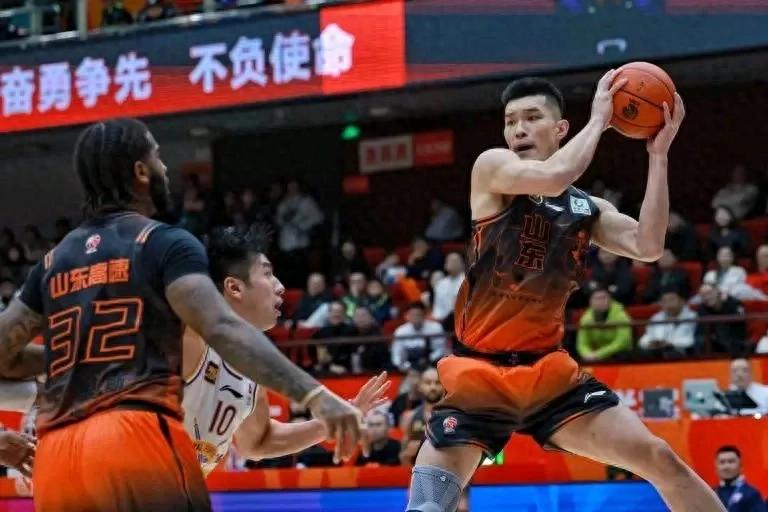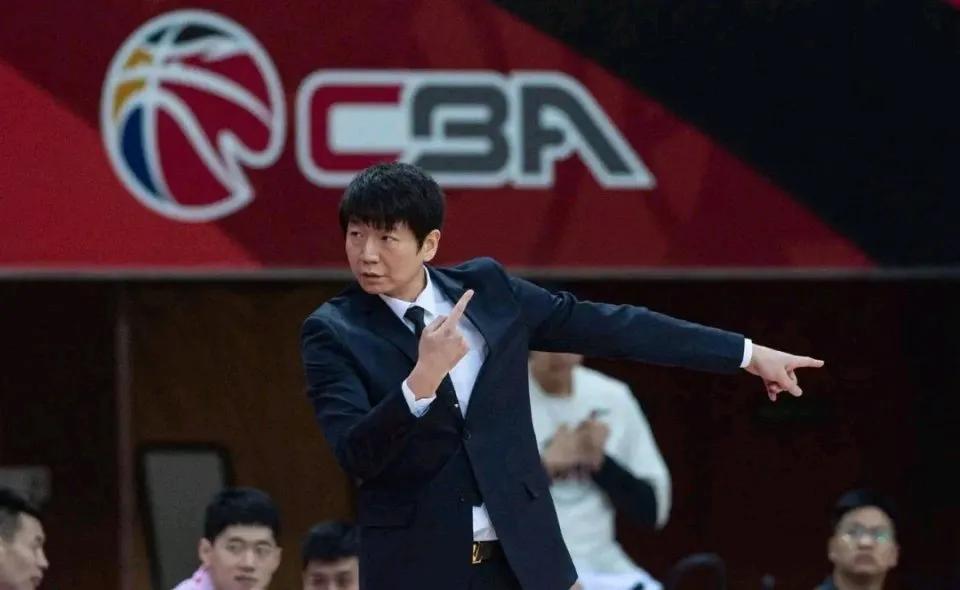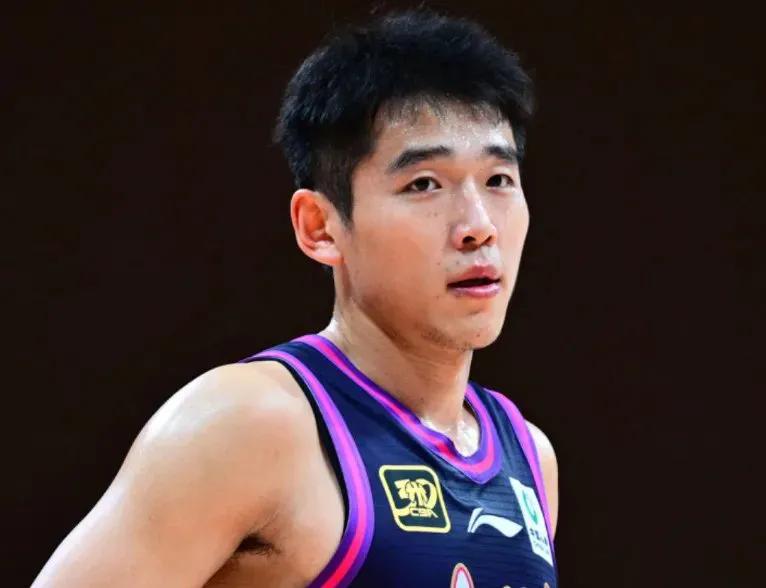CBA News! On January 10th, Beijing Time, New Updates on Qiubiao, Min Lulei, and Wang Shilong
As the 29th round of the CBA regular season unfolded, teams displayed different states and tactical performances on the court, bringing many noteworthy developments. In particular, the matches involving the Shandong, Zhejiang, and Beikong teams, as well as the performances and comments of their head coaches Qiubiao, Wang Shilong, and Min Lulei, have become hot topics among fans.

Shandong defeated Jilin 117-84 at home, a victory that not only secured them two consecutive wins but also improved their record to 20-8, propelling them to third place in the standings, just half a game behind second-placed Shanxi. Throughout the game, Shandong demonstrated strong teamwork and tactical execution. Chris scored the highest with 26 points for the team, contributing 7 rebounds and 6 assists; Moore also had an impressive performance with 20 points and 6 assists. Local player Chen Peidong contributed 13 points, further proving the team's domestic strength. In contrast, although Jilin's Kizlink scored the highest with 31 points and contributed 8 assists, due to Jones' injury absence and the inability of key player Jiang Yuxing to play, the overall strength was significantly reduced, ultimately failing to pose much of a threat to Shandong at away.
After the match, Shandong head coach Qiubiao spoke to the media about several key points behind the victory. He particularly emphasized that the players' focus is the foundation of the team's success, believing that the CBA competition is fierce, with little difference in strength from the 12th to the 2nd place teams in the standings, and every team has the potential to enter the playoffs. Therefore, he set higher expectations for the team, stating that even after winning, they should not be overly optimistic, as the opponent's incomplete lineup clearly gave Shandong an advantage. Additionally, Qiubiao praised the team's rebounding performance, with Shandong grabbing over ten more rebounds than Jilin throughout the game, which laid the foundation for their victory. It can be seen that under Qiubiao's guidance, this Shandong team increasingly focuses on teamwork and detail execution, showing a strong momentum.

Meanwhile, Zhejiang defeated Ningbo 119-93, ending their previous three-game losing streak. Despite missing four main players, they still displayed powerful attacking firepower under the leadership of Jones and York. Jones scored 33 points, while York became the top scorer with 38 points. In just the first quarter, Zhejiang established a 17-point lead, setting the tone for victory. Although Ningbo's Howard performed outstandingly with 30 points and once helped the team narrow the gap in the second quarter, Zhejiang widened the score again in the third quarter, making the game lose suspense. With this victory, Zhejiang's record improved to 19-9, rising to sixth place in the standings. Although currently ranked sixth, they are actually only one win behind second-placed Shanxi, with the possibility of ranking changes at any time.
After the match, Zhejiang head coach Wang Shilong appeared much more relaxed. In an interview, he highly praised the team's performance, especially their focus on defense and rebounding. His emotional change was evident; recent consecutive losses had put him under great pressure, and his expression during the interview was filled with concern. Despite this, Wang Shilong's personnel strategy remains controversial. He has been criticized for relying too much on veterans, leaving newcomers sitting on the bench without enough training opportunities. Zhejiang performed fiercely in the regular season, but frequent injuries plagued them in the playoffs, a phenomenon also attributed to his rotation strategy. For Zhejiang, how to adjust their personnel policy to ensure competitiveness in the playoffs is a pressing issue for Wang Shilong to solve.

In another match, Beikong lost to Shanghai, continuing their poor form. After the match, Beikong head coach Min Lulei admitted that the team's defensive level had declined compared to last season and acknowledged issues with tactical execution. However, these remarks did not receive widespread acceptance from fans. Beikong's squad configuration is not poor, especially their foreign aid configuration ranks among the best in all CBA teams, yet the team has consistently failed to perform up to expectations. Undeniably, the players' attitudes may be one reason, but as head coach, Min Lulei also bears greater responsibility. Beikong currently faces problems not only in technical and tactical aspects but also in the lack of chemistry between players, untimely defensive returns, and lack of passion in games. Many fans suggest that Min Lulei invite Stephon Marbury back to the coaching staff to co-coach Beikong, attempting to activate the team's potential through joint coaching.
From the situation in this round of matches, the CBA competition has become increasingly fierce, with teams striving to secure favorable positions for the playoffs. The strong rise of Shandong, the recovery of Zhejiang's state, and Beikong's struggles reflect the different development trajectories of each team. As the season progresses, how to balance the lineup, avoid injuries, and enhance team chemistry will be the core issues that each head coach needs to face. And for fans, it is precisely this suspense and competition that makes the CBA court so charming.